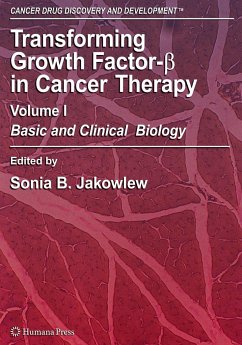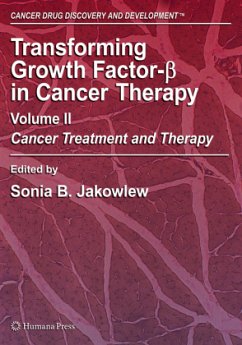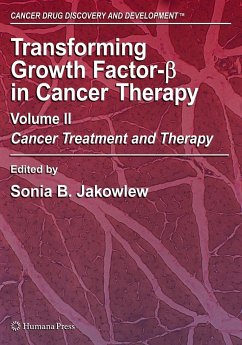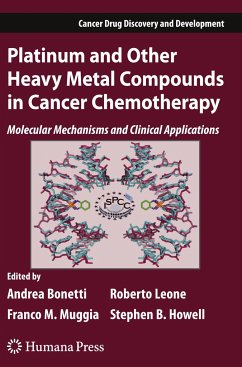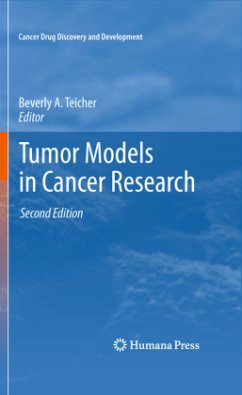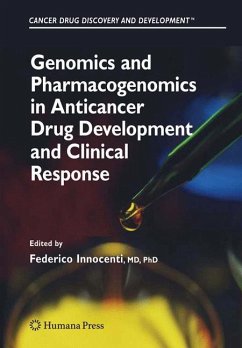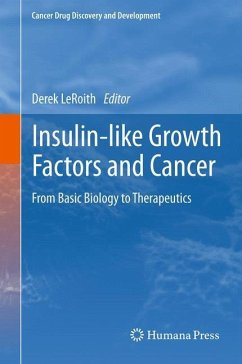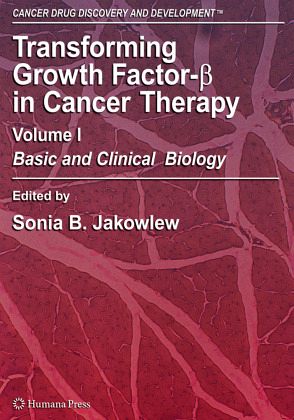
Transforming Growth Factor-Beta in Cancer Therapy, Volume I
Basic and Clinical Biology
Herausgegeben: Jakowlew, Sonia B.;Mitarbeit: Sporn, M.B.

PAYBACK Punkte
76 °P sammeln!
Transforming Growth Factor-jl in Cancer Therapy, Volume I: Basicand Clinical Biology The present volume brings together a wealth of information that is fundamental to understanding the roleofTGF-~ in the pathogenesis, prevention, and treatment of cancer. It is not even 25 years sinceTGF-~ was first isolated and characterized as a dimeric pep tide from both human and bovine sources (1-3), but the entire fieldofTGF-~ research has grown and expanded so that it is now a central theme in all of cell biology. There is almost no tissue or organ in the mammalian body in whichTGF-~ does not playa centr...
Transforming Growth Factor-jl in Cancer Therapy, Volume I: Basicand Clinical Biology The present volume brings together a wealth of information that is fundamental to understanding the roleofTGF-~ in the pathogenesis, prevention, and treatment of cancer. It is not even 25 years sinceTGF-~ was first isolated and characterized as a dimeric pep tide from both human and bovine sources (1-3), but the entire fieldofTGF-~ research has grown and expanded so that it is now a central theme in all of cell biology. There is almost no tissue or organ in the mammalian body in whichTGF-~ does not playa central role in embryonic differentiation or in adult function, and furthermore, malfunction of the normal physiologyofTGF-~can have disastrous consequences in almost all ofthese sites. Therefore, the present comprehensive review of so many aspects ofTGF-~ function is a most welcome attempt to bring together a huge body of experimental data that is of the utmost importance in the field of oncology





